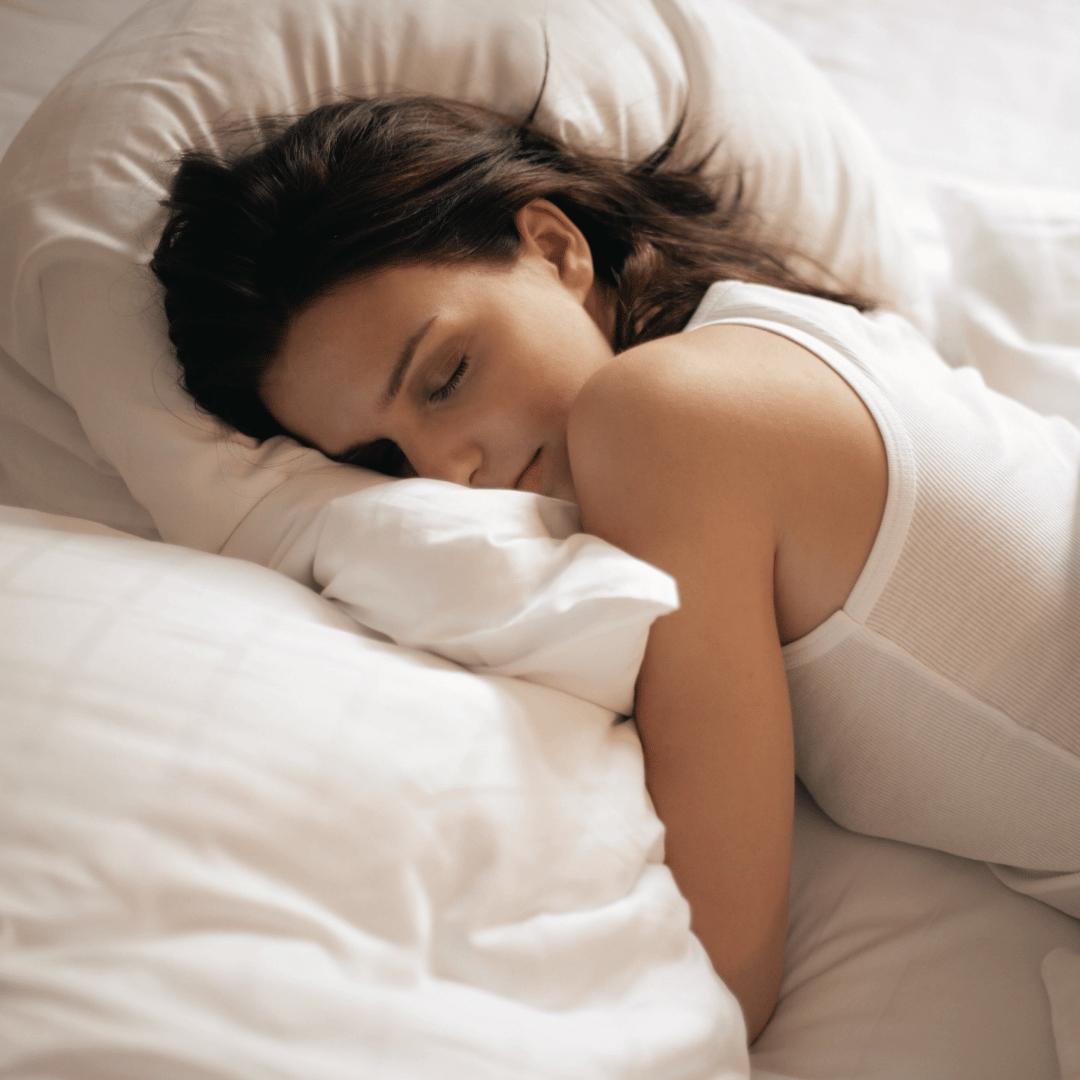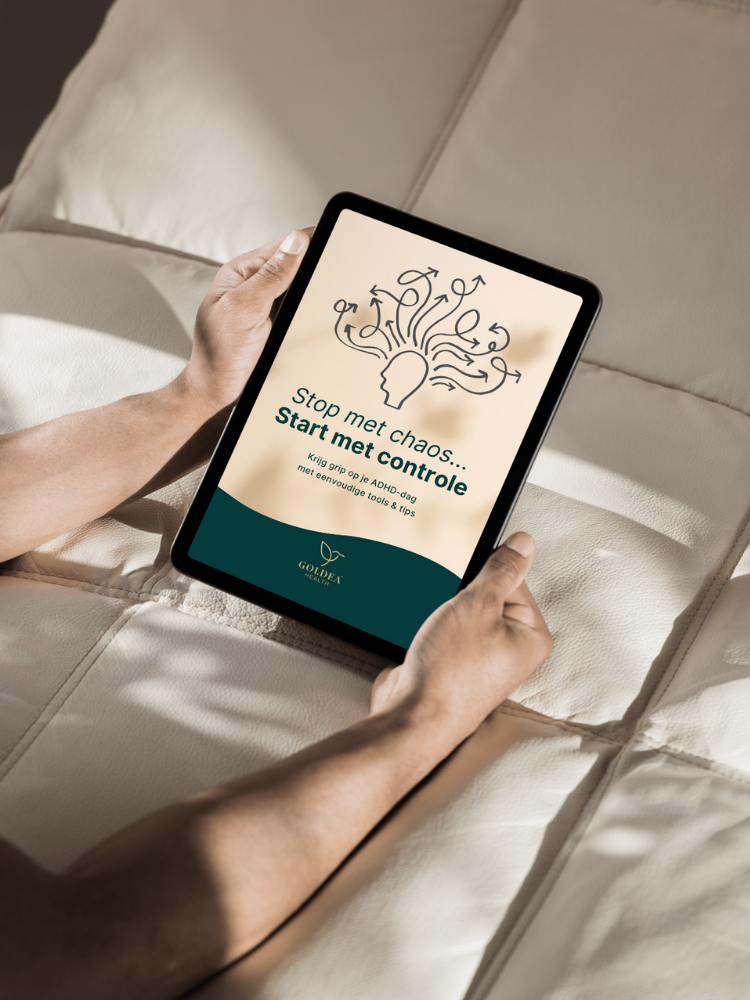Reading time: 5 minutes
For those who struggle with insomnia during the night, the key to rest may lie deeper than you think. Can we really rediscover the wisdom of age-old traditions to ease our sleep problems?
The answer lies in traditional Indian medicine - Ashwagandha. Yes, you read that right! We are talking about a powerful herbal remedy whose effects are backed by science.
Royal Herb: Ashwagandha
Ashwagandha , the root extract from India, has been central to Ayurvedic medicine for centuries .
It is not without reason that it bears the nickname "royal herb" . It has a very strong smell, which evokes an association with horses. Hence the name - a fusion of 'ashva' (horse) and 'gandha' (smell).
But this ancient remedy has more to offer than just a strong smell; it is used against both physical and psychological complaints.
Conclusion
In a world where getting a good night’s sleep can sometimes be a challenge, Ashwagandha offers a valuable solution. Rooted in ancient traditions and supported by modern science, this herb opens the door to deeper rest.
- Use a wake-up light for a gradual and energetic start to the day.
- Get outside in the morning for natural light and fresh air.
- Let the morning sun reset your biological clock by not wearing sunglasses.
- Take Ashwagandha in the evening for stress reduction and deeper sleep.
Do you have any questions?
-
Chandrasekhar, K., Kapoor, J., & Anishetty, S. (2012). A prospective, randomized double-blind, placebo-controlled study of safety and efficacy of a high-concentration full-spectrum extract of ashwagandha root in reducing stress and anxiety in adults. Indian Journal of Psychological Medicine, 34(3), 255–262.
-
Raut, AA, Rege, NN, Tadvi, FM, Solanki, PV, Kene, KR, Shirolkar, SG, … Vaidya, AB (2012). Exploratory study to evaluate tolerability, safety, and activity of Ashwagandha (Withania somnifera) in healthy volunteers. Journal of Ayurveda and Integrative Medicine, 3(3), 111–114.
-
Sharma, A. K., Basu, I., & Singh, S. (2015). Efficacy and Safety of Ashwagandha Root Extract in Subclinical Hypothyroid Patients: A Double-Blind, Randomized Placebo-Controlled Trial. The Journal of Alternative and Complementary Medicine, 21(10), 602–608.
-
Raghavendra, M., Maiti, R., Dhanani, T., & Vidyasagar, M. S. (2008). Adaptogenic effect of Withania somnifera: An experimental study using a rat model of chronic stress. Pharmacognosy Research, 1(1), 64–68.
-
Lopresti, A.L., Smith, S.J., Malvi, H., & Kodgule, R. (2019). An investigation into the stress-relieving and pharmacological actions of an ashwagandha (Withania somnifera) extract: A randomized, double-blind, placebo-controlled study. Medicine, 98(37), e17186.
-
Durg, S., Shivaram, S.B., Vandal, R., & Shivaram, B. (2015). Withania somnifera (Ashwagandha) in neurobehavioral disorders induced by brain oxidative stress in rodents: A systematic review and meta-analysis. Journal of Pharmacy and Pharmacology, 67(7), 879–899.
-
Grandner, M.A., Drummond, S.P.A., & Kitayama, S.A. (2020). Natural Sleep in Healthy Adults: A Description and Historical View. Sleep Medicine Clinics, 15(1), 1–10.




